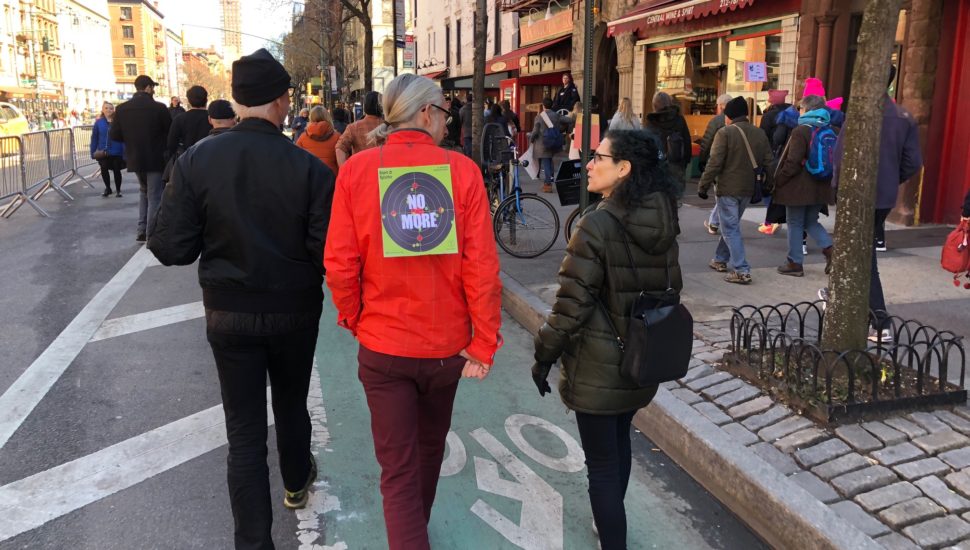Young Scientists Determined to Put Stop to Cycle of Mass Shootings

Publisher’s note: This is the first in a series of occasional and ongoing posts focused on fostering an ongoing and civil discussion of gun rights and violence in the United States.
A wave of young scientists are determined to stop the cycle of mass shootings by entering the gun research arena despite a lack of funding, available data, and the unfavorable political climate, writes William Wan for The Washington Post.
The end of the two-decade recruiting drought in the field is a consequence of the mounting number of mass shootings. Now, the influx of young and enthusiastic minds into this area is bringing a fresh approach to gun research.

“I’ve been doing this work for 35 years, and this is different than anything before,” said Garen Wintemute, one of the nation’s leading gun-violence researchers.
Gun research suffered a blow in 1996, when Congress adopted the Dickey Amendment. This has had the chilling effect of stopping grant money used in gathering data on gun.
Now some researchers are bridging the funding gap by using their own money. Wintemute started using his own money a decade ago, and has since poured $2.1 million in personal funds into research in this area.
The type of researchers entering the field is also producing interesting results. A study published by two Wellesley College economists in December used data from Google to show that the intense debate over gun laws after the Sandy Hook shootings increased gun sales.
The uptick in gun purchases, the same research showed, led to a significant increase in accidental gun deaths.
Now an ambitious study is underway by Wintemute and Stanford researcher David Studdert. They are hoping to answer the key question. Are you more or less likely to die if you own a firearm?
Read more about the research at The Washington Post here.
Join Our Community
Never miss a Delaware County story!
"*" indicates required fields






![95000-1023_ACJ_BannerAd[1]](https://delco.today/wp-content/uploads/sites/3/2023/03/95000-1023_ACJ_BannerAd1.jpg)
























